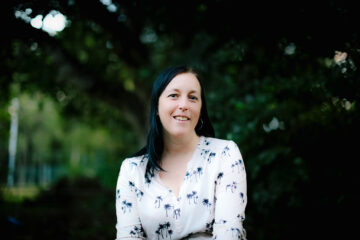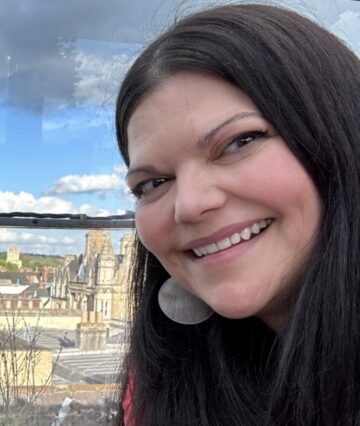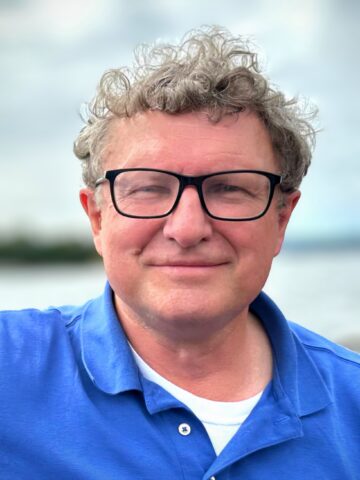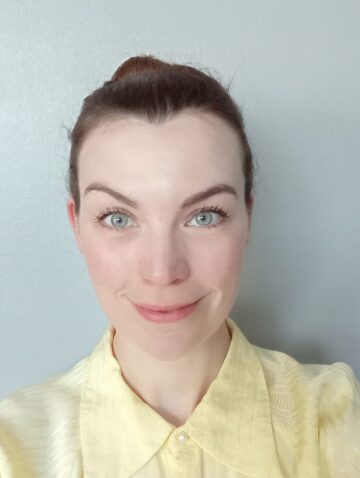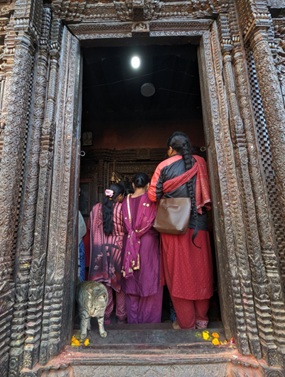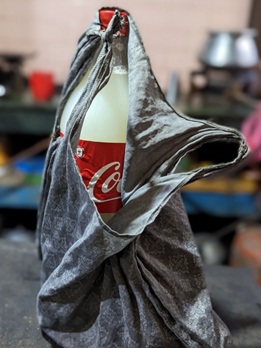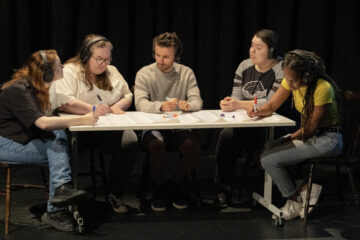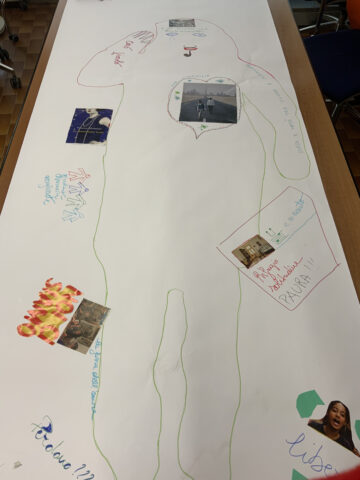Seminar on the 16 June 2025
Challenges and opportunities for practice researchers: the PRAG-UK reports.
In this session practice researchers and PAR network members Scott McLaughlin and Tim Stephens will discuss the 2021 PRAG-UK reports on practice research in the UK.

Source: SMcLaughlin. Credit: Sam Walton

Source: Internet, Author unknown
The reports were written as a way to gather current thinking across the breadth of arts disciplines, but also to try and offer some core principles and discourses as a way to help anchor a field whose vibrancy and experimentalism inevitably also comes with fragmentation of approaches and issues of communication both internally and to those outside the field (e.g. the dizzying profusion of terms for what we do: practice-led/based/as-research, artistic research, etc.)
In the words of the report’s supervision team: “[they] provide a way to articulate and advocate for the concerns of the practice research community. […] to look at how we might move from a sense that ‘sharing practice research is just for REF’ to a clear and open stance where ‘practice research is for life’. In this view, outputs from practice research projects remain accessible in perpetuity to diverse audiences, are discoverable in the public domain, and practice research operates as a critical component of an open, contemporary and thriving research ecology.”
As we approach another REF cycle, the lessons and insights of these reports are more important than ever. Frequently practice researchers find themselves alone or poorly-served in institutions and systems that struggle to understand non-textual outputs. The PRAG-UK reports offer an excellent advocacy position to support practice researchers in articulating and sharing their work, and also to develop communities of good practice in valuing the FAIR approach to research to make all of our work Findable, Accessible, Interoperable, and Reusable.
To reflect the complexity of positions within practice research two very different academics will enact a conversation. Scott and Tim who have only just been introduced, co-investigate, with the facilitation of Nicole, their own practices as academics. Tim offers a perspective from education as embodied practice, Scott as practice researcher in music composition and PRAG-UK steering-group member. Whilst we share an understanding of the value of these reports, we will consider what, within a milieu of sectoral conservatism and funding challenges, practice researchers might do for our institutions and their publics and if and how we need to acknowledge the constraints within which practice operates; a fluctuating economy, where generosity is essential and competitive systems appear wasteful.
Conversations are a form of improvisation; and we hope such conversations, on milestone Reports such as this, nurture ongoing efforts to enrich dialogue both within and outside the community of practice researchers, echoing the concerns of authors James Bulley and Özden Sahin.
Dr Scott McLaughlin (b.1975) is an Irish composer/improviser based in Huddersfield (UK). He is associate professor in composition and music technology at the University of Leeds and directs CePRA (Centre for Practice Research in the Arts), as well as convening the RMA Practice Research Study Group. He is a steering group member for PRAG-UK. Scott was Co-I on the AHRC SPARKLE project (Sustaining Practice Assets for Research, Knowledge, Learning and Engagement [2022]), and PI on an AHRC Leadership Fellowship (2019–21), the ‘Garden of Forking Paths’, on composing with contingent materialities. His current research uses different methods to excite resonance in sounding bodies to exploit physical non-linearities and generate musical patterns/structures.
Tim Stephens is an education developer, with a specialism in curriculum, at the University of the Arts London, a writer and photographic artist. He has 30+ years’ experience of working in education, with learners, artists, teachers and organisations and his areas of interest are: the inter-play between art and writing practices, embodiment, the relationship between cognitive and non-cognitive experience, equality, western and non-western ethics, organisational and social change.
Subscribe to the recordings:
Video hosted on the PAR YouTube channel.
Audio hosted on the PAR Buzzsprout channel and can be listened to on Spotify, Apple podcasts or on other RSS podcast apps.
The Practice As Research network with its resources is free and always will be, but it does of course incur costs to run and to keep it running. If you use it and benefit, enjoy it and would like to keep it going, please, consider leaving something in the tip jar. Thank you!
